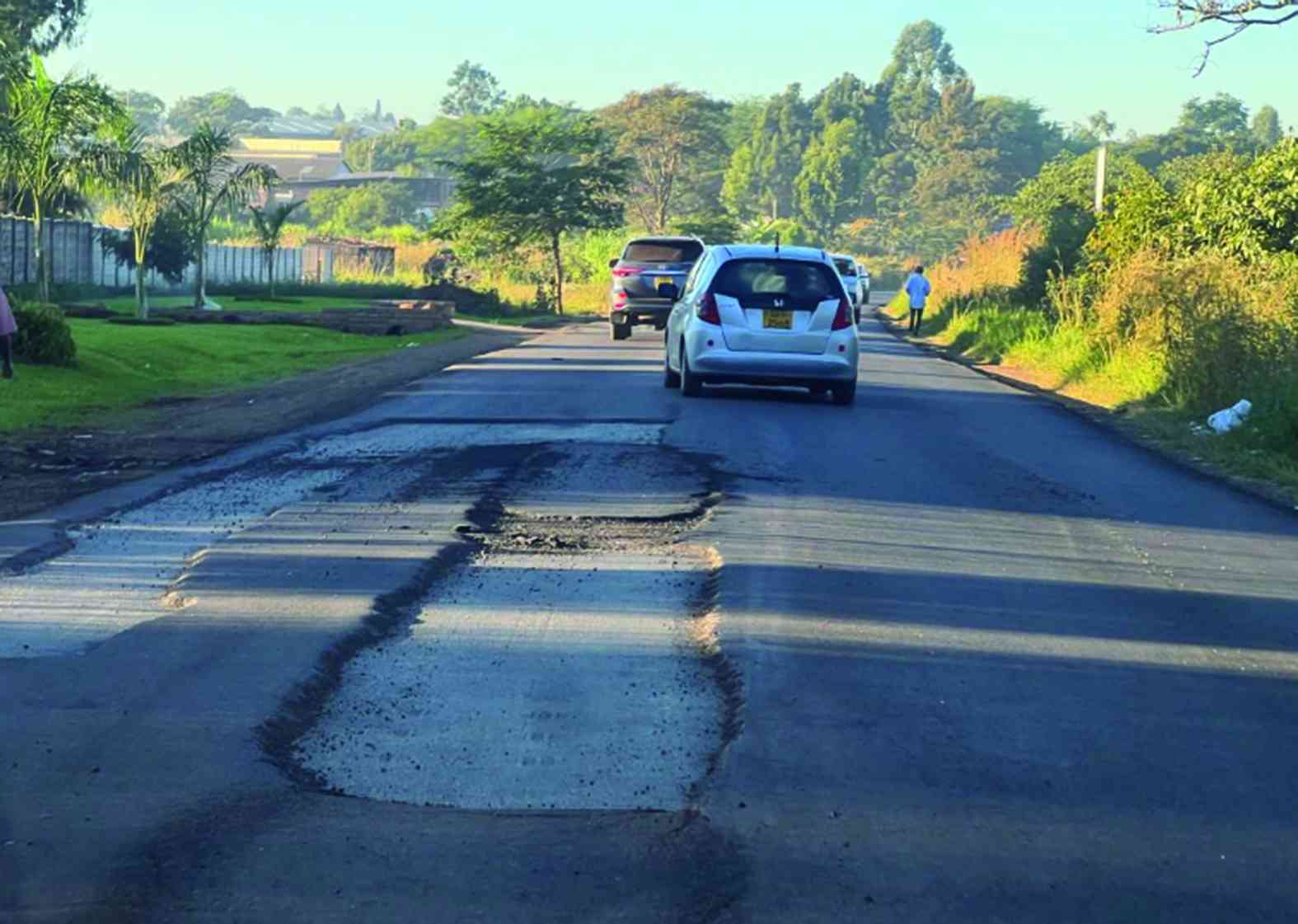
THAT 70% of Zimbabweans have no access to clean water and that “the availability of water and sanitation, however, remains a huge challenge in the country… For example, 29,7% of households in the country have access to improved water sources and sanitation. In the past, this has resulted in the outbreak of waterborne diseases such as cholera and typhoid” — according to Harare Metropolitan province secretary Tafadzwa Muguti — is more than disturbing.
Only 14 years ago, the country was plunged into one of its worst health catastrophes in modern history when a cholera outbreak surfaced in Chitungwiza where, incidentally, Muguti reminded us this week of the grave consequences of the unavailability of clean water.
When the cholera epidemic struck in Chitungwiza in August 2008 and quickly consumed the entire country — spreading into neighbouring countries — more than 98 500 cases and 4 369 deaths were reported in its wake by the time it was brought under control in July 2009.
It then comes as a real cause for concern, if not shock, that 14 years later Zimbabwe’s overall clean water situation remains dire, especially given that in 2008 the country’s population was only 12 million compared to the current 16 million.
If, by some cruel fate of history, the disease was to revisit us, it is gut-wrenching to even imagine the magnitude of the human carnage that would befall our beloved country. It is quite mind-boggling why since the 2008-2009 cholera disaster government has not prioritised access to drinking water for every citizen.
Water is the very essence of life, without it we all perish; both rich and poor, the rulers and the subjects: All of us will just wilt away like fresh roses thrust in the middle of a desert.
The World Bank sums up the critical nature of this precious commodity thus: “Water is at the centre of economic and social development; it is vital to maintain health, grow food, generate energy, manage the environment and create jobs. Water availability and management impacts whether poor girls are educated, whether cities are healthy places to live, and whether growing industries or poor villages can withstand the impacts of floods or droughts.”
So, in our view, it is scandalous that ever since 2009 government has been dawdling over the need to provide adequate potable water for every citizen. It should, in fact, be very ashamed that the outside world, in the form of non-governmental organisations are now busy drilling boreholes on its behalf while it has taken it forever to construct, for example, Kunzvi Dam which should have eased, ages ago, Harare and Chitungwiza’s perennial water challenges.
- Over 115 to exhibit at Mine Entra
- Young entrepreneur dreams big
- Econet bemoans power outages
- Govt opens ChiTown e-passport centre
Keep Reading
We are of the firm belief that government remains solely to blame for the country’s persistent water problems because it has not bothered to prioritise this very critical commodity that speaks to our very continued existence on this planet.
There is absolutely no excuse that government has all these years failed to plan for enough water for the its very own seat of power, which is The City of Harare. There is also no excuse whatsoever for its glaring failure to provide adequate water for all the citizens in other urban areas and all rural outposts in the back of beyond. Government cannot hide behind a finger on this matter.











